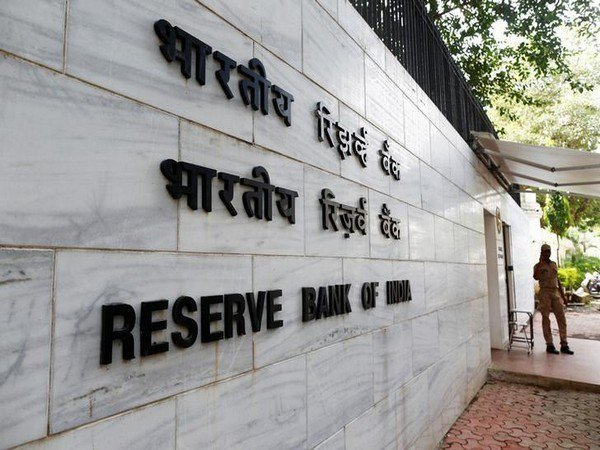Government's Push for Non-Inflationary Growth: Awaiting RBI's Call
The government has introduced measures to reduce the fiscal deficit, aiming for a non-inflationary Budget. The RBI's Monetary Policy Committee now faces the decision of whether to cut interest rates to bolster growth. The fiscal and monetary policies need to work in sync for optimal benefits.

- Country:
- India
The government has taken decisive action to lower the fiscal deficit, presenting a non-inflationary Budget, according to Finance Secretary Tuhin Kanta Pandey's statement on Tuesday. The focus now shifts to the Reserve Bank of India's Monetary Policy Committee, which faces the critical task of deciding on an interest rate cut to further propel economic growth.
Finance Secretary Pandey emphasized the necessity for fiscal and monetary policies to operate in harmony, rather than at odds. He argued that significant advantages could be realized through monetary easing, provided inflation remains under control. The Budget aims for a fiscal deficit of 4.4% in FY'26, a reduction from 4.8% in the current fiscal year.
Pandey's remarks were made during an Assocham post-Budget interaction. The Monetary Policy Committee is set to convene for a three-day meeting beginning February 5, with policy announcements expected by February 7. Addressing concerns surrounding the rupee's depreciation and its potential impact on inflation, he acknowledged the dual effects, noting enhanced export competitiveness alongside imported inflation. The decision on policy rate cuts remains with the MPC, which is fully aware of the economic situation.
(With inputs from agencies.)










